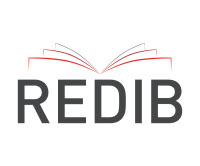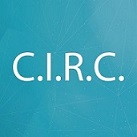Leitura: um lugar atravessado pela historicidade da linguagem
DOI:
https://doi.org/10.21680/1517-7874.2020v22n2ID19725Resumen
El estudio considera la revolución política y sociocultural iniciada en los tiempos modernos, promoviendo nuevas formas de desempeño lingüístico y (re) significación de otros por parte de los sujetos. Términos como diversidad, hibridismo cultural, heterogeneidad lingüística y un mundo hiper-semiotizado cruzan la vida cotidiana del hombre contemporáneo, exigiendo nuevos conocimientos, nueva alfabetización, una visión más crítica de las realidades sociales materializadas en los idiomas. Campo fértil para estudios lingüísticos del siglo XIX y posteriores, con énfasis en el estructuralismo saussuriano, buscando establecer límites para la construcción de significado y significado. La aparición de diferentes corrientes teóricas, instigadas por las diversas formas y prácticas sociolingüísticas, ha permitido múltiples perspectivas sobre este objeto, haciéndolo heterogéneo porque el sujeto es así, quien toma posesión del lenguaje y lo pone en funcionamiento, causando efectos de significado(s ). Este artículo, anclado en los estudios semánticos de Guimarães (2002), propone una práctica de lectura que incluye fuera del lenguaje (gema) - historia - precisamente, la historicidad como elemento constitutivo de los sentidos y la enunciación como un evento. El diálogo con las corrientes teóricas es evidente: pragmática y análisis del discurso; Además de considerar una visión de producción y lectura de texto multimodal / semiótico en boga en el mundo contemporáneo, desde la perspectiva del lenguaje, un lugar propicio para la enseñanza de la lengua materna. Se busca una visión similar con respecto a las pautas para el eje de lectura en la Base Curricular Común (BRASIL, 2018). Se lleva a cabo una lectura de dos textos que circulan en la vida cotidiana de las ciudades, exponiéndolos como fenómenos lingüísticos que materializan las voces de los sujetos, atravesadas por la historicidad como producto (s) de efecto (s) de significado (s), frente al lenguaje como su materialidad a través de práctica social. El estudio expone los textos como fenómenos lingüísticos atravesados ??por el carácter histórico y heterogéneo del lenguaje, aspectos observados en los textos analizados, que movilizan diversas habilidades de alfabetización social y que impulsan las prácticas socioculturales del hombre hiper semi-motorizado.
Descargas
Descargas
Publicado
Cómo citar
Número
Sección
Licencia

Este trabalho foi licenciado com uma Licença Creative Commons - Atribuição - NãoComercial - CompartilhaIgual 3.0 Não Adaptada.
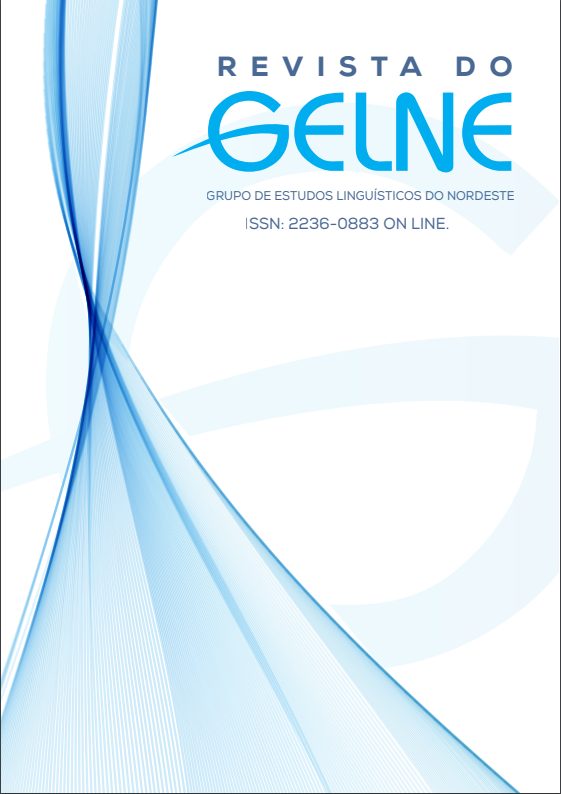
 Português (Brasil)
Português (Brasil) English
English Español (España)
Español (España)






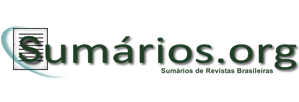

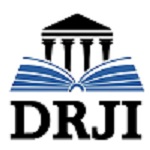
.jpg)
